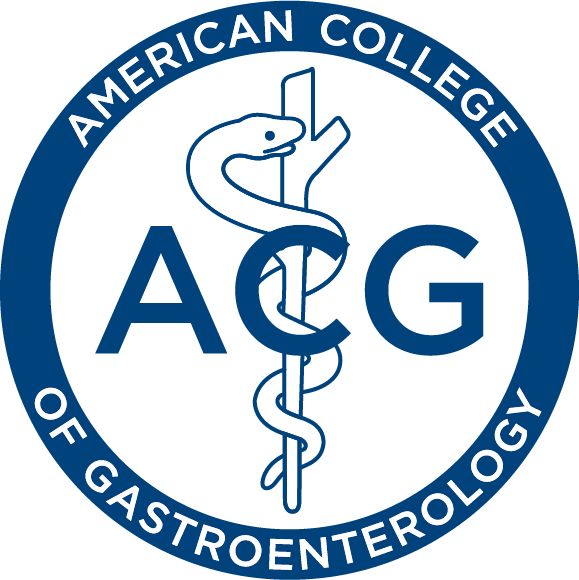Newswise — Patients who consistently take medications for inflammatory bowel disease (IBD) incur 50 percent lower total health care costs than those who fail to refill prescriptions or follow physician instructions to switch drugs, according to findings presented at the 71st Annual Scientific Meeting of the American College of Gastroenterology.
Sunanda Kane, M.D., FACG of the University of Chicago led a group of investigators who queried the Maryland CareFirst BlueCross Blue Shield claims database to analyze trends in patients with IBD. Dr. Kane and colleagues examined records from 4,947 patients taking a class of drugs known as 5-ASAs.
"Compliance with medications was highly correlated with average annual total health care costs," explained Dr. Kane. "Inpatient costs were 32 percent higher among those who failed to take their medications as directed, while the costs of outpatient care were 44 percent higher. This is important clinically in terms of patient care, as well as financially," she concluded.
Among the patient records in this analysis, only 57 percent overall were compliant with 5-ASA medication regimes. The average follow-up period for patients in the study was 332 days. While compliance rates were similar for men and women, interestingly more patients under age 18 (65 percent), or over age 65 (59 percent) were compliant. The researchers looked at pharmacy records to measure compliance, including whether patients refilled prescriptions within 15 days of instructed date, and whether they failed to switch medications as directed.
About Inflammatory Bowel DiseaseInflammatory bowel disease (IBD) refers to two related but different diseases: ulcerative colitis and Crohn's disease. These diseases cause chronic inflammation of the intestinal tract, which leads to a variety of symptoms. The inflammation can also lead to involvement of organs other than the intestines. IBD is a lifelong disease with periods of active disease alternating with periods of disease control (remission). IBD is sometimes confused with but is different than irritable bowel syndrome.
There are more than 1 million people with IBD in the United States with new cases diagnosed at a rate of 10 cases per 100,000 people. These diseases account for 700,000 physician visits per year and 100,000 hospitalizations per year in the United States. Ulcerative colitis can be cured with surgery but Crohn's disease cannot be cured. There are good medical therapies available for both diseases.
About the American College of GastroenterologyThe ACG was formed in 1932 to advance the scientific study and medical treatment of disorders of the gastrointestinal (GI) tract. The College promotes the highest standards in medical education and is guided by its commitment to meeting the needs of clinical gastroenterology practitioners. Consumers can get more information on GI diseases through the following ACG-sponsored programs:
"¢ 1-800-978-7666 (free brochures on common GI disorders, including ulcer, colon cancer, gallstones, and liver disease)"¢ 1-866-IBS-RELIEF and http://www.ibsrelief.org (free educational materials)"¢ 1-800-HRT-BURN (free brochure and video on heartburn and GERD)"¢ http://www.acg.gi.org (ACG's Web site)
MEDIA CONTACT
Register for reporter access to contact detailsCITATIONS
American College of Gastroenterology 71st Annual Scientific Meeting
